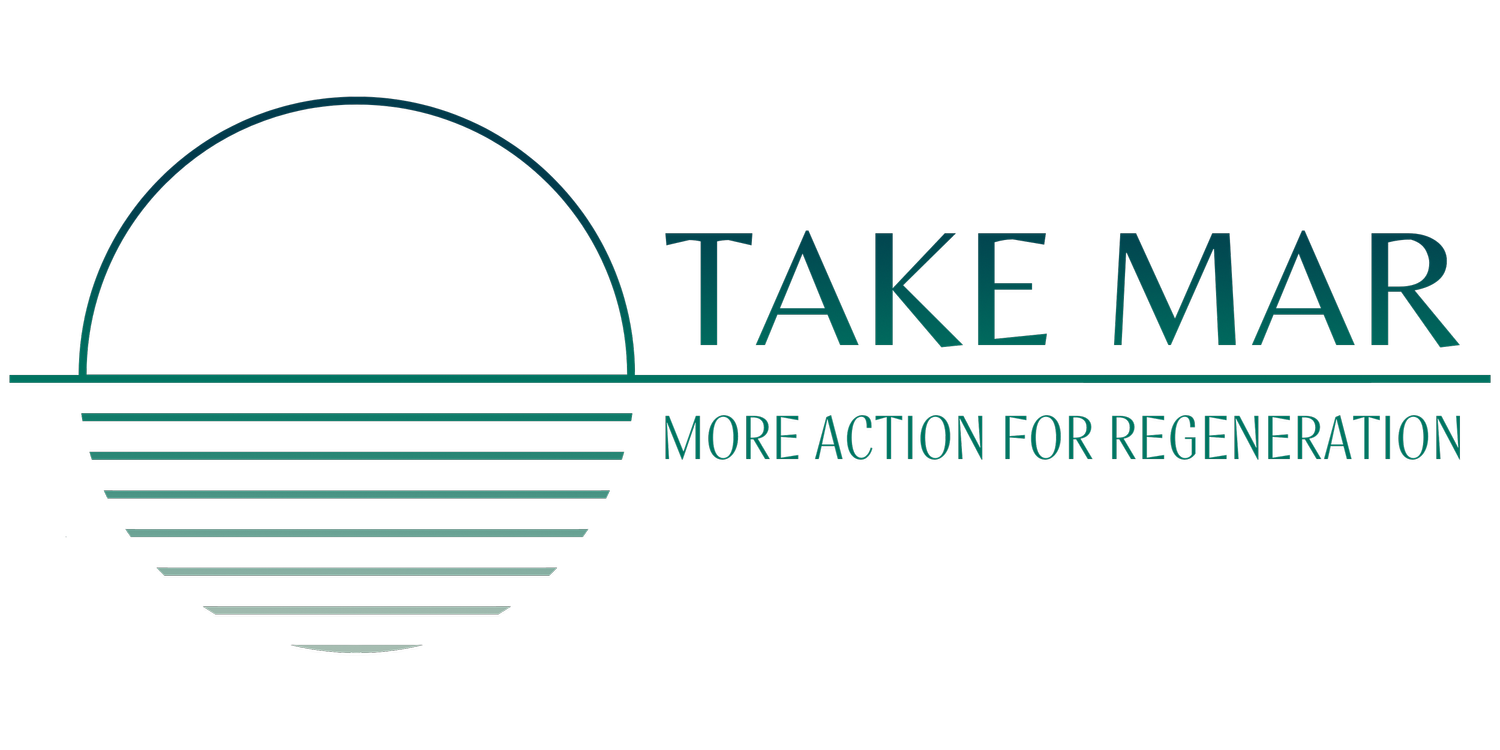Our Mantra
We believe healthy people create healthy environments and healthy environments create healthy people.
What do you think?
Our planet, like our bodies, is a system. Everything and everyone is interconnected. We are in constant interaction whether visible or not. Human health and well-being are linked to the state of our environment. Natural environments provide basic needs for us to survive. We need clean air, water, fertile land for food production, and more. If our environment suffers, so do we.
Your decisions and relationship with nature impact every other individual, animal, and cells of our planet. Remember, you are nature. So, with every step we take, we want to help you take a step too and help us regenerate our planet through simple, actionable steps, so that our thriving environment can help us become thriving, healthy, individuals.
Think of these next actionable items as a pocketbook for regeneration. This is not something that is expected to be done perfectly, but rather slowly change our habits into regenerative ways to restore our wellbeing.
Our plastic footprint: You have probably heard this over and over again, but it is true: It is estimated that in 50 years plastic will outweigh the fish in our oceans. So how can we reduce our plastic footprint?
First, build your awareness. Make a list of all your household items that are disposable. When shopping or eating out, avoid plastic bags, or plastic take home containers. Swap out these disposable items for reusable alternatives.
Take action. Try to avoid purchasing anything that comes wrapped in plastic, and yes that includes your water bottles. Make the change to shop with reusable bags, carry a reusable water bottle, stock up on reusable containers, lids, mason jars, and beeswax. Switch your laundry and cleaning products that are packaged sustainably.
Become an advocate. Share this information with your friends and family. Write to CEO’s of your favorite brands and let them know that you would like to see different packaging for their products.
Our food footprint: We used to grow and raise our food the right way - on small to medium sized farms, with a small number of animals, and producing a variety of different crops. Over time, populations increased, humans began eating larger portions, technological advances replaced the farmer and pushed farming into an industrialized model that has brought about heavy impact to our environment.
The food habits that we have developed over time are proving to be too demanding on our planet. The best way to regenerate our food footprint is to buy, store, eat, and discard food with deliberate thought. Eat less meat, consume less dairy, buy organic, antibiotic free meat, shop local, shop in season, and when consuming fish, keep the planet in mind and order wild, or locally caught fish.
A few other steps to consider: avoid palm oil, cut down on food waste, keep in mind that dates on packages are usually approximate indications, so take expiration dates as a suggestion. Become a composter, start a garden, protect our bees, and of course share your new habit changes with the world.
Our clothing footprint: Did you know that 85% of the clothes we buy end up in landfills even though most items could be recycled or reused? Our first suggestion would be to shop with intention. Do you need that item? Can you use this item for years to come? Donate the clothing that you no longer want or need. Shop eco-friendly products and consider where the items are being produced.
Our chemical footprint: More than 40,000 chemicals are used in products today, yet only a few hundred have ever been tested for safety. Not only is that dangerous to your health, but also to the health of our environment. Check your make up products, sunscreens, deodorants, perfumes, candles, for toxic chemicals. Pesticides used in conventional farming leave residue on the fruits and vegetables that you consume. Synthetic fertilizers end up in our rivers and coastal waters. Read labels, and purchase products that do not contain harmful chemicals.
Our paper footprint: We know the importance of trees, we rely on them for air. From paper cups, to toilet paper, to printing documents, we are cutting down trees at an alarming rate. Rethink your paper habit and look for ways to reduce your usage. Consider e-vites for celebrations, use re-giftable gift wrap, and fall in love with cloth napkins.
Our water footprint: Water is the driving force of all nature. Global water demand has increased, and the World Health Organization estimates that by 2025 half of the world’s population will be living in a water-stressed area. Check your home for leaks, shorten your showers, water your lawn less often or more efficiently, turn the tap off when you brush your teeth, and try to do laundry only when needed.
Our transportation footprint: Airplanes, boats, cars, buses, trains, and trucks, all impact our environment. A few changes to consider: purchase an electric vehicle, ride your bike to work, regularly service your car, check your tires, carpool, walk, take public transportation, and fly when needed.
You have probably made it to the end of this blog thinking that adopting all these changes sounds impossible. We don’t want to overwhelm you but rather give you some suggestions as to how we can create healthier habits to protect our environment, and ultimately protect ourselves.
Make habit adjustments for you, for me, and for mother Earth.

